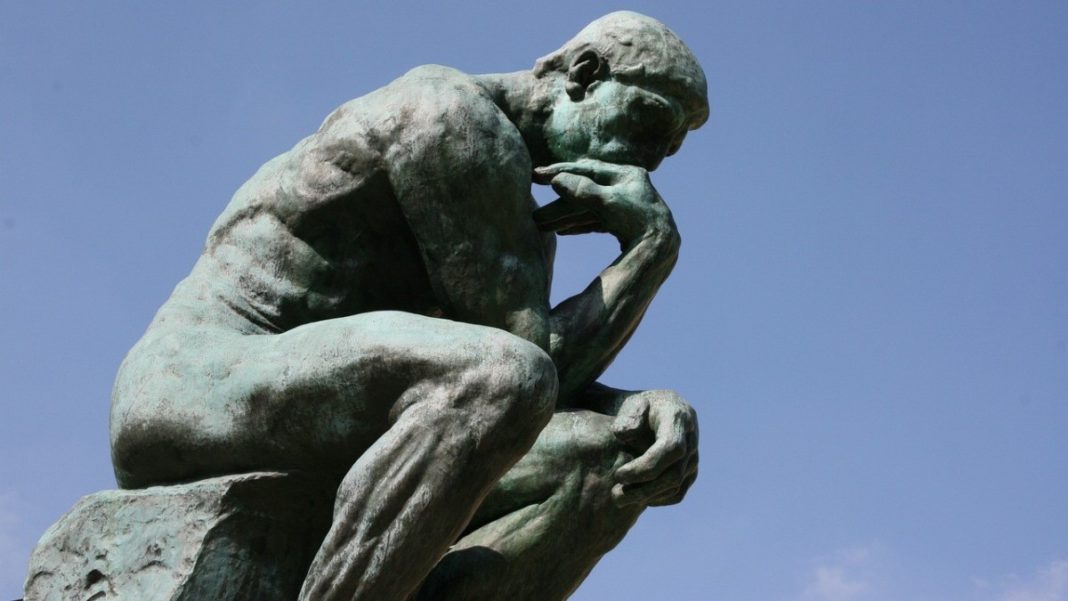INDIA: Newcomb’s Paradox, a thought experiment first proposed by physicist William Newcomb in the 1960s, continues to perplex and challenge our understanding of rational decision-making.
This Paradox raises profound questions about human behaviour, free will, and the nature of prediction. Let’s explore the enigma of Newcomb’s Paradox and its implications.
At the heart of Newcomb’s Paradox is a scenario involving a superintelligent being, the Predictor. The Predictor possesses an uncanny ability to predict an individual’s choices with astonishing accuracy.
In the setup, a presenter presents you with two opaque boxes: Box A and Box B. Box A always contains a visible $1,000, while Box B may either be empty or hold a significant sum of money, say $1 million.
Here’s the twist: Based on its prediction of your decision, the Predictor fills Box B accordingly before you make your choice. If the Predictor predicts that you will choose both boxes A and B (a “two-boxer”), it leaves Box B empty. If the Predictor predicts that you will select only Box B (a “one-boxer”), it places $1 million inside.
Now, you face a crucial decision: Do you choose both Box A and Box B, maximizing your immediate gain of $1,000, or do you opt for Box B alone, gambling on the possibility of receiving the more considerable sum of $1 million?
The Paradox lies in the conflicting arguments for each approach. Advocates of one-boxing argue that since the Predictor’s track record of accurate predictions is well-established, choosing only Box B is the optimal strategy.
By doing so, you secure the $1 million. On the other hand, proponents of two-boxing argue that since Box A always contains $1,000, choosing both boxes guarantees a total of $1,001,000, regardless of the Predictor’s foresight.
Newcomb’s Paradox challenges traditional notions of rationality. It seems paradoxical because, irrespective of whether you are a one-boxer or a two-boxer, your choice influences events already occurring. The Paradox taps into the intricacies of causal relationships and determinism, questioning the limits of free will.
Several philosophers have proposed explanations and resolutions over the years. The concept of dominance reasoning forms the basis for one perspective. According to this view, one-boxing dominates two-boxing in terms of expected gain.
By choosing only Box B, the potential gain of $1 million outweighs the specific gain of $1,000 from Box A, leading to a higher expected value.
Others argue that they can resolve the Paradox by considering the causal flow of events. From this perspective, the Predictor’s ability to accurately predict your choice does not imply causation.
Instead, your decision to one-box or two-box reflects your inherent predisposition, which the Predictor uses to make its prediction.
While Newcomb’s Paradox may not have a definitive resolution, it is a powerful intellectual exercise that forces us to examine our assumptions and thought processes.
It invites us to question the fundamental principles that guide our decision-making and prompts us to ponder the intricacies of our own cognitive biases.
As we grapple with the complexities of Newcomb’s Paradox, it reminds us of the vast mysteries that still await unravelling in human consciousness and rationality.
In our pursuit of understanding, we may come closer to unlocking the secrets of our minds and the enigmatic paradoxes that confront us.
Also Read: The Paradox of Infinite Energy: Exploring the Boundaries of Power Generation



